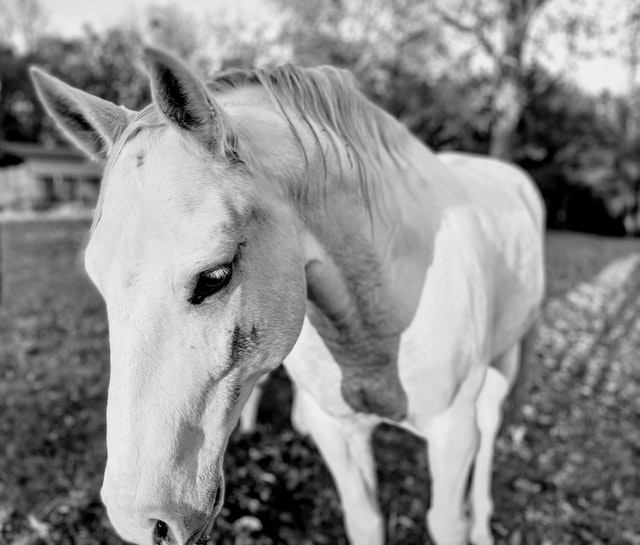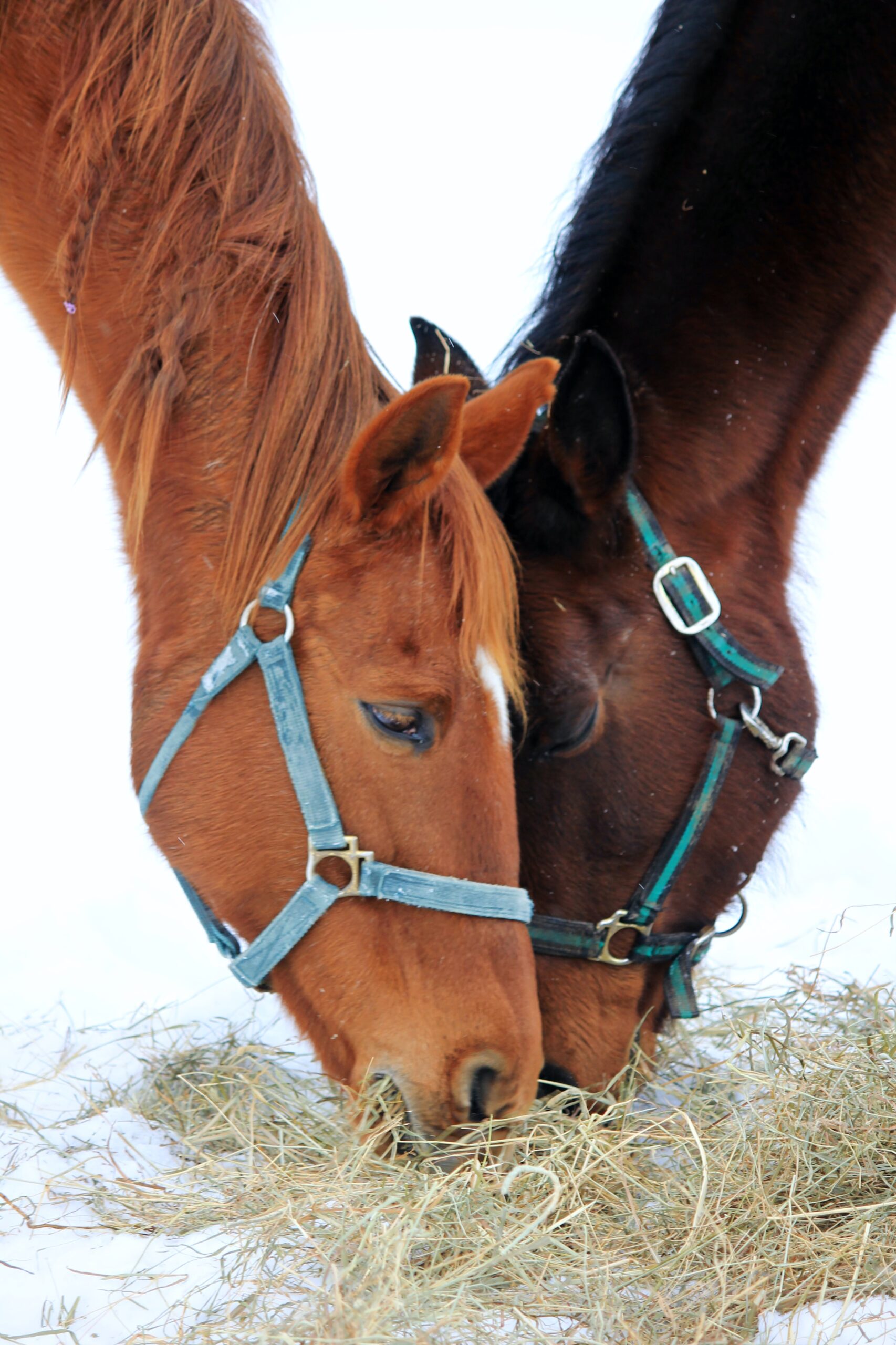How Much Does a Horse Weigh?
Whether you’re simply curious, or want to weigh your own horse, in this post we’ll cover how much does a horse weigh?
An important part of horse ownership is being mindful of the weight of your horse.

As much as horse lovers know how to take care and ride horses beautifully, an important factor to making sure your horse is in good shape is to keep track of a horse’s weight.
Knowing the weight of your horse is important.
It helps you to know how much food you want to feed it to avoid earning extra weight.
In the horse world, a horse’s weight also helps you determine how much medicine it needs, and how much exercise it needs daily.
How Much Does a Horse Weigh?
Average Weight of Certain Horse Breeds
The healthy weight range of most horses falls around 900 to 2000 pounds, and this is about horses of different sizes and horse breeds.
Miniature horses, though the name may be misleading, are helpful.
They make good drivers and are great at helping disabled people.
Sometimes, miniature horses can be treated like assistant dogs.
They are not only good at assisting people but they are also used at competitions like show events.
A miniature horse’s ideal weight is around 150 to 350 pounds.
Draft horses are the type of horses used commonly for crossbreeding.
Crossbreeding draft breeds with light horses usually results in sport horses.
A draft usually has a large body type and this is why this horse’s weight usually ranges around 1400 to 2000 pounds.
Horses are not just good at taking people from one place to another.
Some horses are also trained for horse shows, horse racing, and trail riding.
Some breeds are great for all these three, as the Arabian horse.
These horses are great at dealing with humans because they are so friendly and loyal to their humans.
The average horse weight for most Arabians falls around 800 to 1000 pounds for adult horses.
Another type of horse that is great at racing, shows, and makes its presence known especially when joining competitions as a dressage competitor is a Thoroughbred horse.
When a Thoroughbred horse’s trust is earned, it can be one of the most intelligent and sensitive horses you can meet.
And once you make yourself known to them, they can also be so easy to train.
The typical weight of a horse of this breed is around 1000 pounds when it becomes a mature horse.
Older horses may have an average weight of 900 to 1100 pounds.
American quarter horses have always been loved by English and Western riders.
They are great at racing, farming, trail riding, and even dressage shows.
These horses have been known to be bigger and more muscled than the standard quarter horses.
The average American Quarter horse weighs around 900 to 1250 pounds.
However, horses’ weight in this breed may vary significantly.
A Shire horse is a horse that is great for any rider—beginner, experienced, or a pro. These horses are the best horses to turn to when you want to travel around effortlessly.
Because these horses are strong, these horses are great when it comes to pulling heavy loads.
These large horses are the largest among the different types of horses and are also the heaviest horses.
As the largest horse, the average weight of a horse of this breed is approximately 2000 pounds.
Big Jake was also one of the heavy horses that were known by a lot of people.
He was known for his extraordinary height and weight.
He stood at 20 hands and 2.75in and weighed 2600 pounds.
He was the tallest horse that was ever recorded in the Guinness World Records.
As horses give birth, a foal’s body weight is expected to be around 50 pounds.
This information has been stated by the California State Polytechnic University.
This means that most breeds give birth to foals that weigh around 45 to 55 pounds, while most of these foals are birthed at 50 pounds.
No matter what breed, the weight of the foals is usually a tenth of their mother’s weight.
Usually, a horse’s body weight has a relation to its breed.
It is always a good idea to check on the overall body weight of the horse. Here are some ways you can measure how much weight your horse has.
Measuring How Much Does a Horse Weigh
To measure your own horses weight, check out my post on How to Measure How Much Your Horse Weighs
Using Body Scoring
Aside from measuring everything, one of the common methods to assess a horse’s health is to use body condition scoring.
This technique evaluates accumulated fats in six areas of the horse’s body—ribs, the section behind the shoulder, withers, loins, trailhead, and neck.
This test is done visually and by checking the palpitations.
The body condition score is taken from the scores that have been taken while evaluating these six areas.
Just like we are concerned about our own weight, horse weight should also be a horse owner’s concern.
The weight gain of a horse should tell of this, too.
Too much weight gain on a horse is dangerous as it can lead to equine obesity that leads to significant changes in its overall health and its performance.
Health issues may arise for both overweight horses and underweight horses.
If your horse is underweight, check out my post on how to help your horse gain weight.
This is why horse owners should be mindful of their horse breed’s healthy weight range to make sure that they are in good shape.
Another reason to keep track of the weight of your horse is to know how much weight it can carry on its back.
As a rule of thumb, a good weight for a horse to carry on its back should not exceed 20% of its own weight.
These are the common methods to find the weight of a horse.
To keep up with the latest news, follow our blog and read more about horses.
Find everything you need to know about horses here.

Lauren is an internationally published author, trainer, and has helped hundreds of horse-rider combinations create lasting bonds and the success they desire. Check out Lauren’s incredible story: From horse-crazy girl to international equine educator. Or if you want to send Lauren a quick message, check out her contact page here.



